Buying an avocado that is ready for same-day consumption is a difficult task as the fruit seems to ripen in a mysterious way that defies the laws of nature. The extra firm ones stay green for a week before going brown overnight. On the opposite end of the spectrum, soft avocados get mushy before they make it home from the store
Dutch company OneThird developed a tool to solve these issues so that avocado-lovers can finally perfect avocado toast—and eliminate food waste along the way. OneThird works in a simple way: shoppers scan the avocado in question and the tool reveals its remaining shelf life in real time using an artificial intelligence-powered optical scanner.
OneThird
“Whenever you buy an avocado and open it when it’s either still too firm or too soft, often it will end up wasted,” OneThird Founder and CEO Marco Snikkers tells VegNews. “Giving consumers ripeness status of avocados will avoid them squeezing (aka damaging) the avocado or discarding it at home.”
OneThird is a spin-off company from Halma PLC, where a similar technology was used for medical applications. Snikkers saw an opportunity to repurpose this innovation to help solve one of the world’s largest problems: food waste.
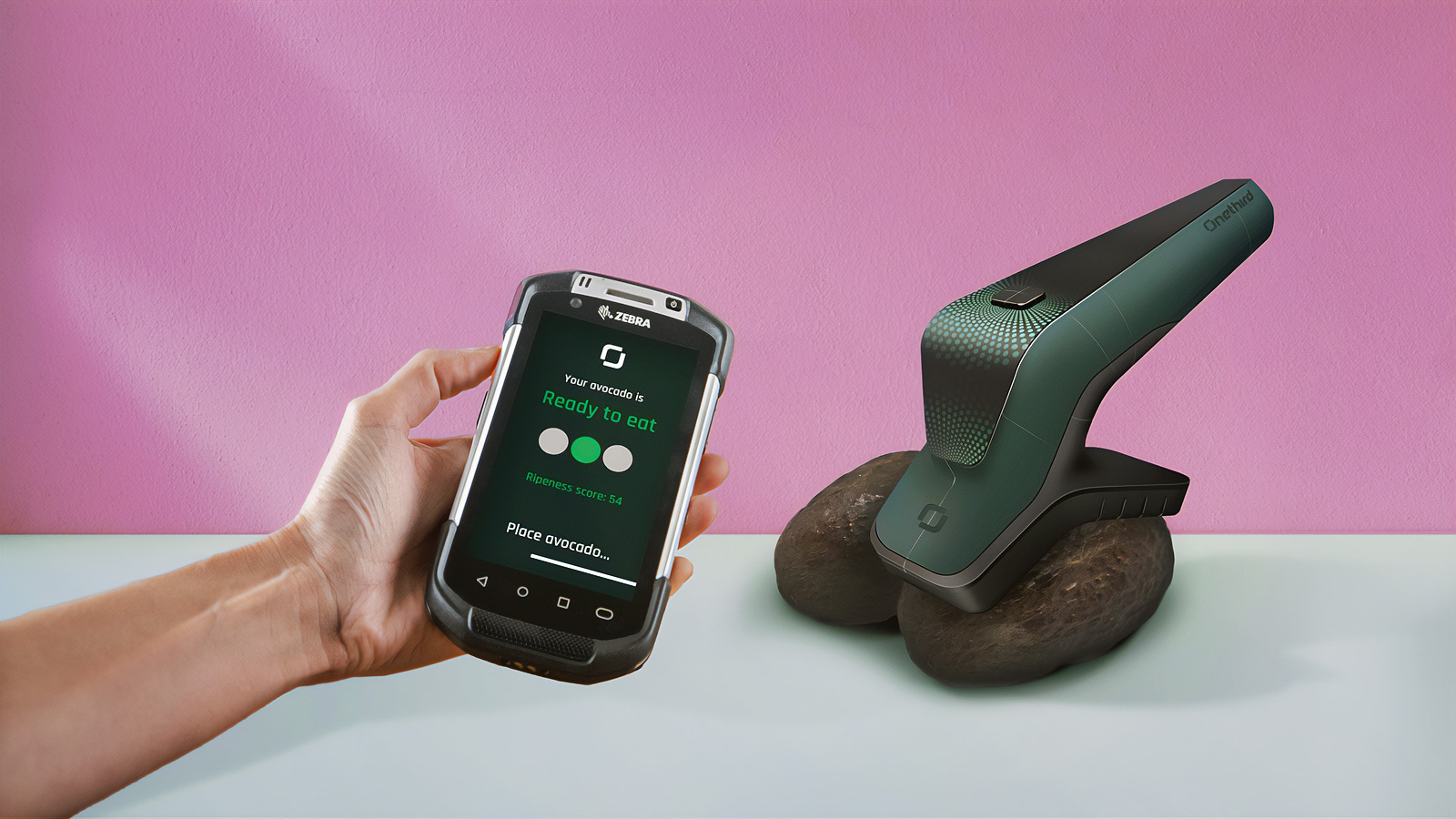
OneThird
“When looking at diversification, we (the OneThird founders) looked at food applications and were astonished by the fact that one-third of food is still wasted, while there is also hunger in the world,” Snikkers says. “Forty percent of all food waste is fresh produce, so we investigated whether there are ways we can help avoid that category of food waste using our technology and knowledge.”
“When we got the opportunity to spin-out and run this as an independent company having real impact, it was an easy decision,” he says.
OneThird exhibited its avocado ripeness checker as a solution for shoppers at last week’s Consumer Electronics Show (CES) in Las Vegas. However, the tool was developed to fight food waste before it even gets to the consumer level.
Table of Contents
Ripe avocados every time
Food waste is a $1 trillion global problem and the Dutch company is tackling food waste by finding a solution for food spoilage—which is responsible for one third, hence its name, of all wasted produce.
Tools exist to help determine certain qualities about foods such as water content, acidity, and sugar levels. However, shelf life has only been observable in hindsight by looking at the decay of produce. OneThird’s solution is working to change that to empower all parties involved in the food system, including growers, distributors, grocers, and consumers. In addition to avocados, OneThird’s technology can currently determine shelf life for strawberries, blueberries, and tomatoes.
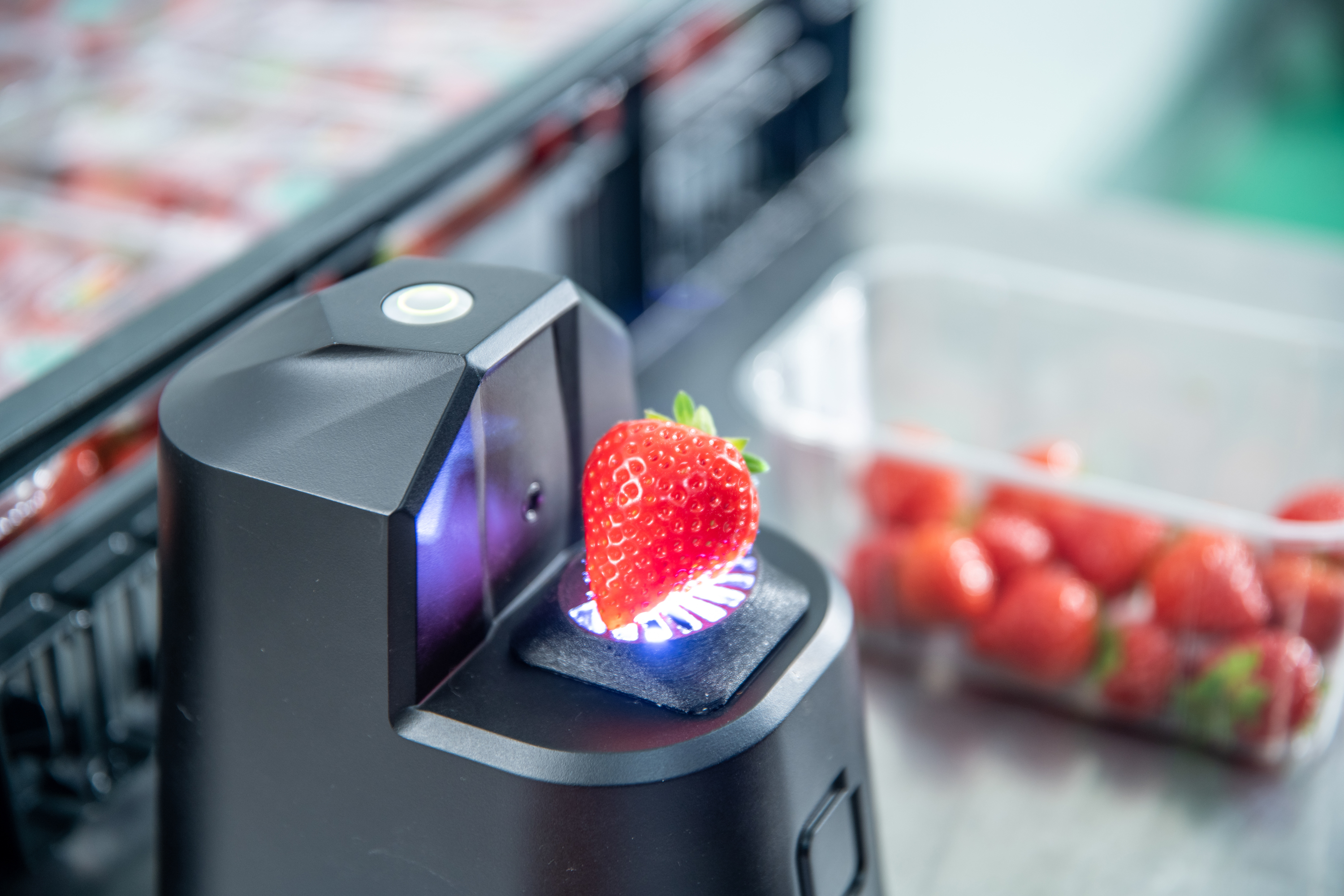
OneThird
How can understanding shelf life help across the supply chain? On the grower level, the shelf life of produce can be unpredictable based on various conditions and these insights can help optimize their crops and allow for accurate communication of “best by” dates with their customers.
For distributors, knowing the remaining shelf life of produce informs logistical decisions around where to route the food. For instance, produce with a longer shelf life could go to a national retailer where consumers have time to purchase it while food approaching the end of its shelf life can be rerouted for more immediate consumption at food banks.
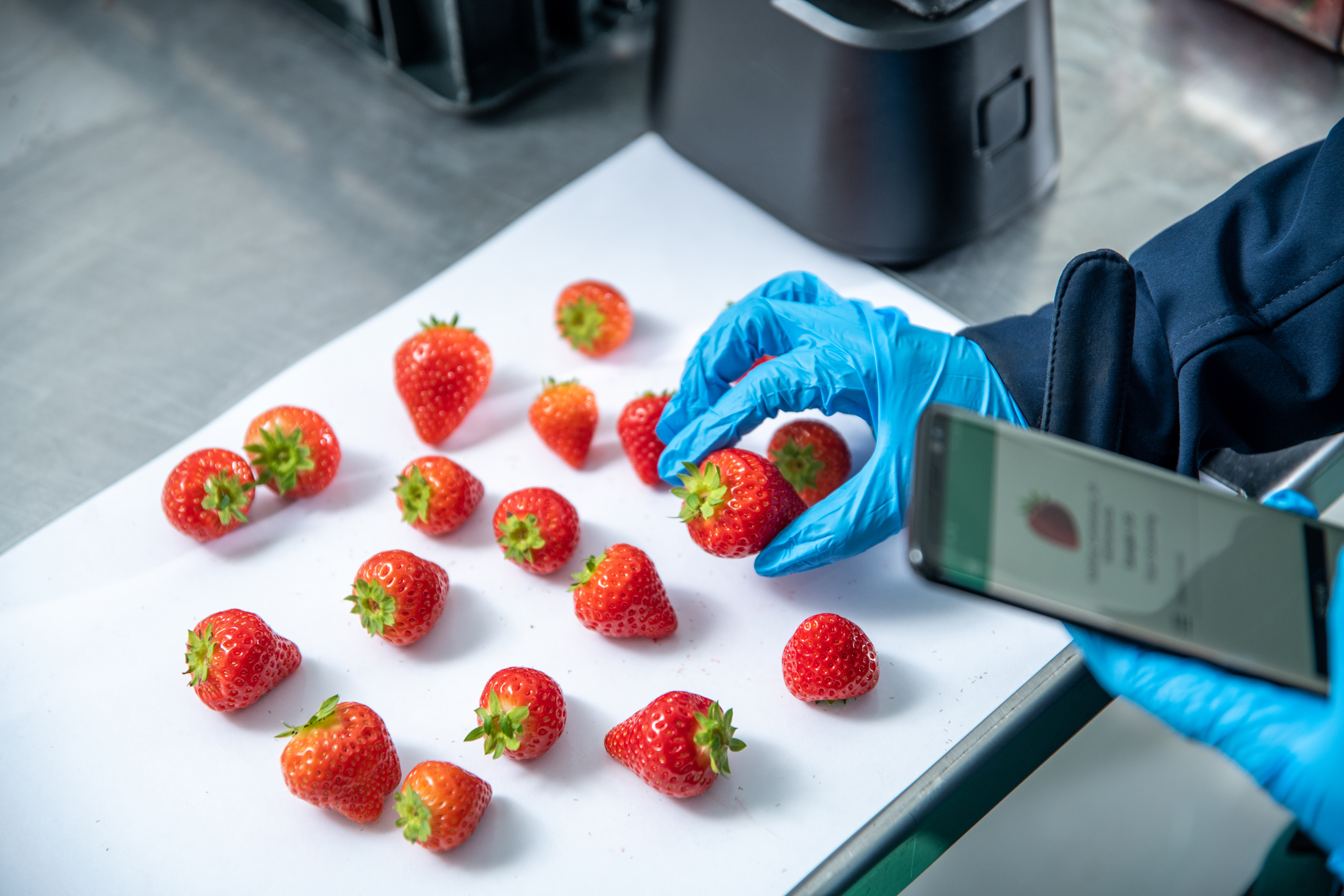
OneThird
Retailers benefit from the insights gained along the supply chain in that the produce they source is optimized to their needs. They can also make decisions about which growers and distributors they will reward based on their ability to deliver the longest-lasting produce.
“Our system is also more objective than current manual visual inspection methods, and thus will decrease the amount of back and forth discussions whenever produce changes ownership in the supply chain,” Snikkers says.
By late 2023, the OneThird tool will have the ability to check the ripeness of 10 different foods—including grapes, bananas, mangoes, and raspberries—helping to further fight food waste by helping shoppers, businesses, and distributors make more efficient purchasing, transportation, and consumption decisions.
“Our goal is to get the right produce to the right place at the right time,” Snikkers says. “Avoiding surprises and unnecessary waste and associated costs for our customers.”
Food-waste fighting technologies
OneThird’s tool is the latest in the fight to alleviate food waste, a complex problem that requires numerous solutions. California-based Apeel Sciences is tackling spoilage in a different way.
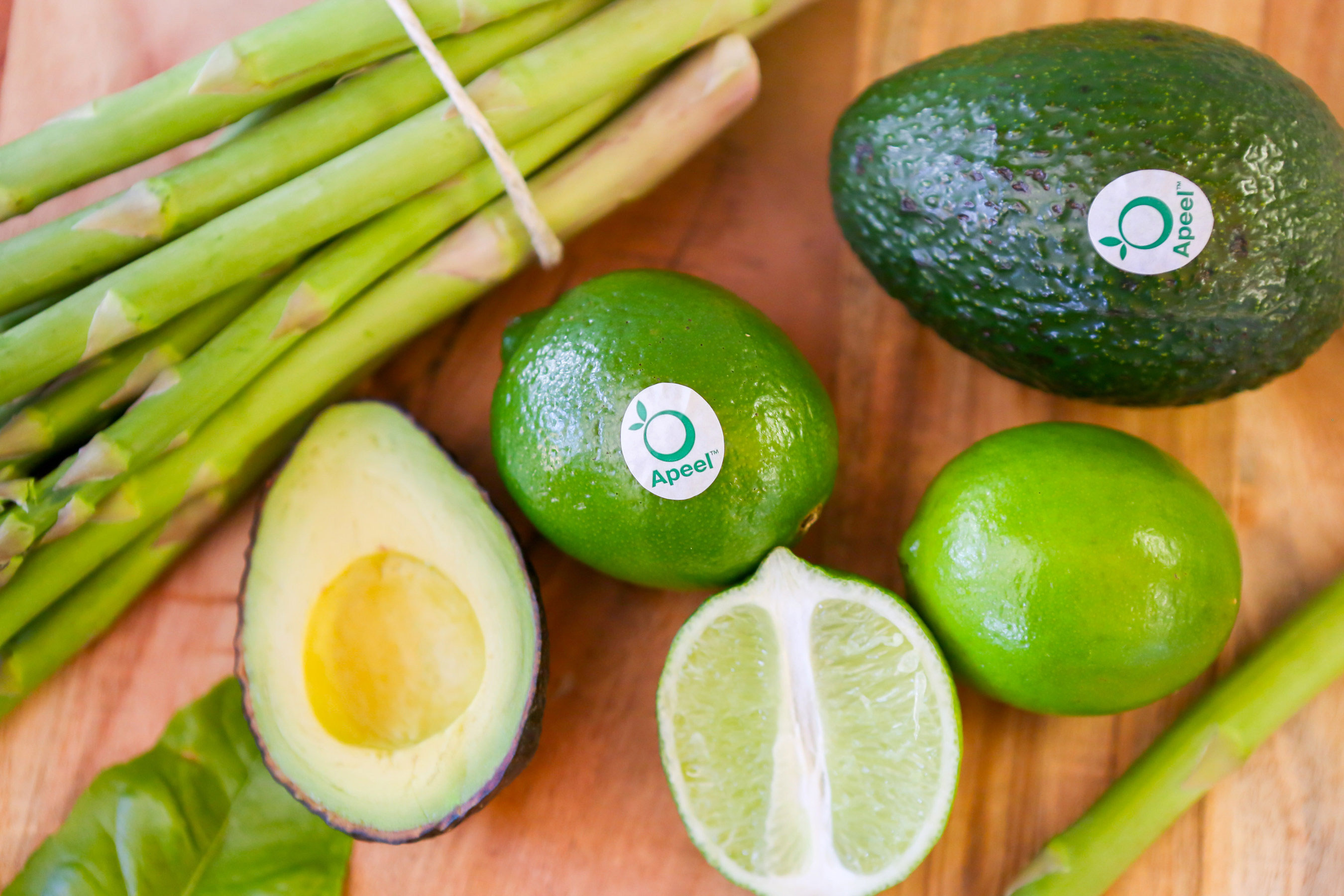 Apeel Sciences
Apeel Sciences
Apeel developed a plant-based spray that creates a seal around produce to prevent water loss and oxidation, allowing for foods to stay fresher longer—and also eliminating the need for plastic wrappers around individual items such as cucumbers. Currently, the company offers its innovative sealing technology on avocados, English cucumbers, limes, mandarins, organic apples, lemons, grapefruit, and mangoes in select regions.
Another portion of the food waste problem comes down to cosmetics, where approximately 20 percent of produce is discarded due to blemishes, sizing issues, and other issues that do not impact the taste or quality of the food. To combat this dilemma, innovators—including some seasoned chefs—are turning would-be wasted produce into innovative plant-based foods.
Top Chef alum Spike Mendelsohn co-founded vegan company Eat the Change to fight food waste. Its vegan jerky is made from off-spec mushrooms from a Pennsylvania farm that would have never made it to grocery stores.


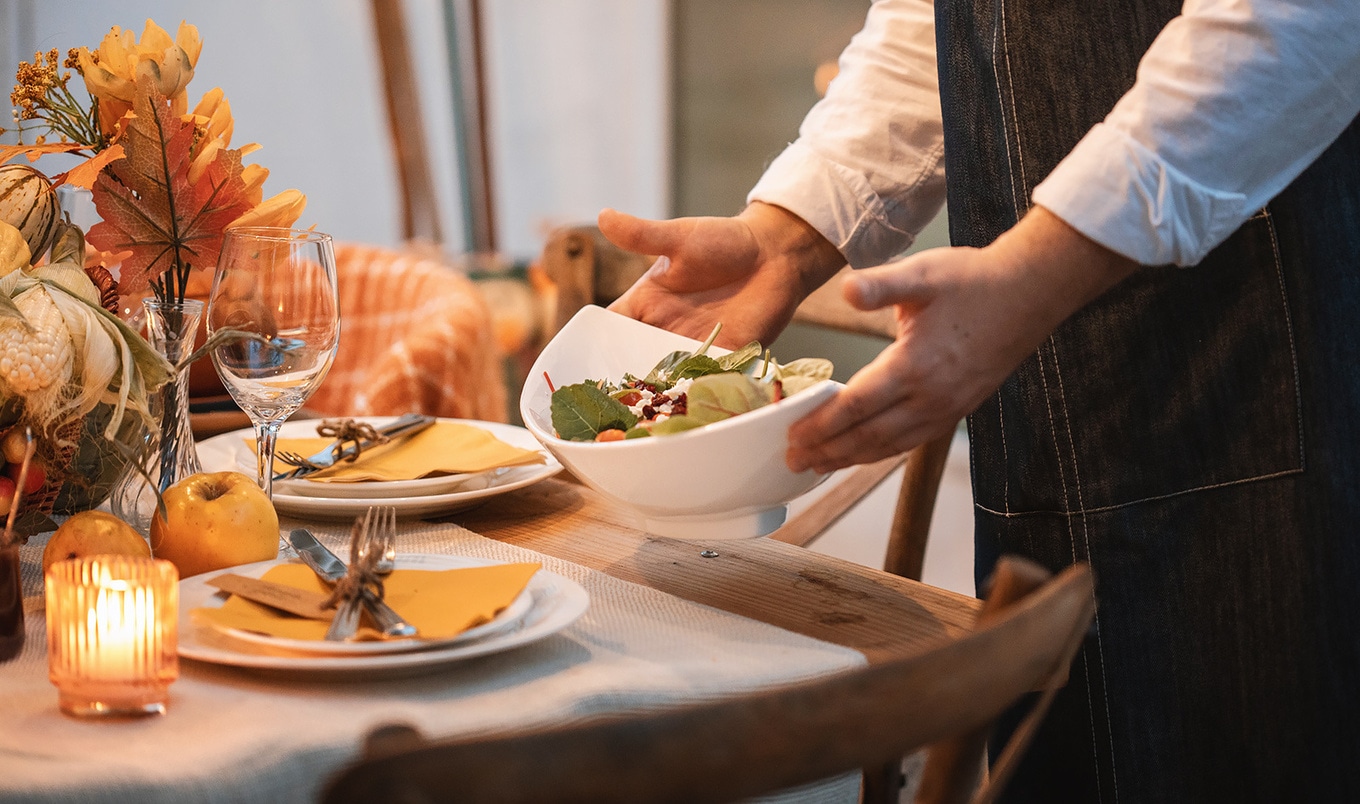
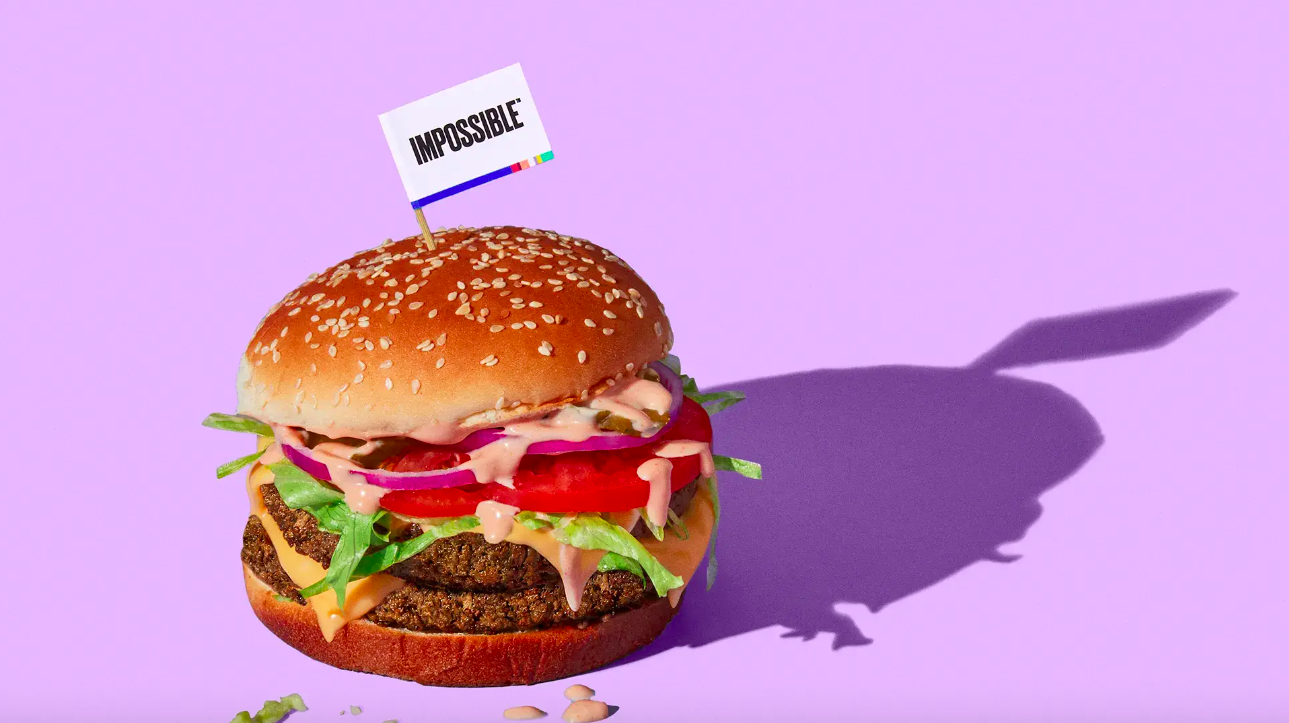
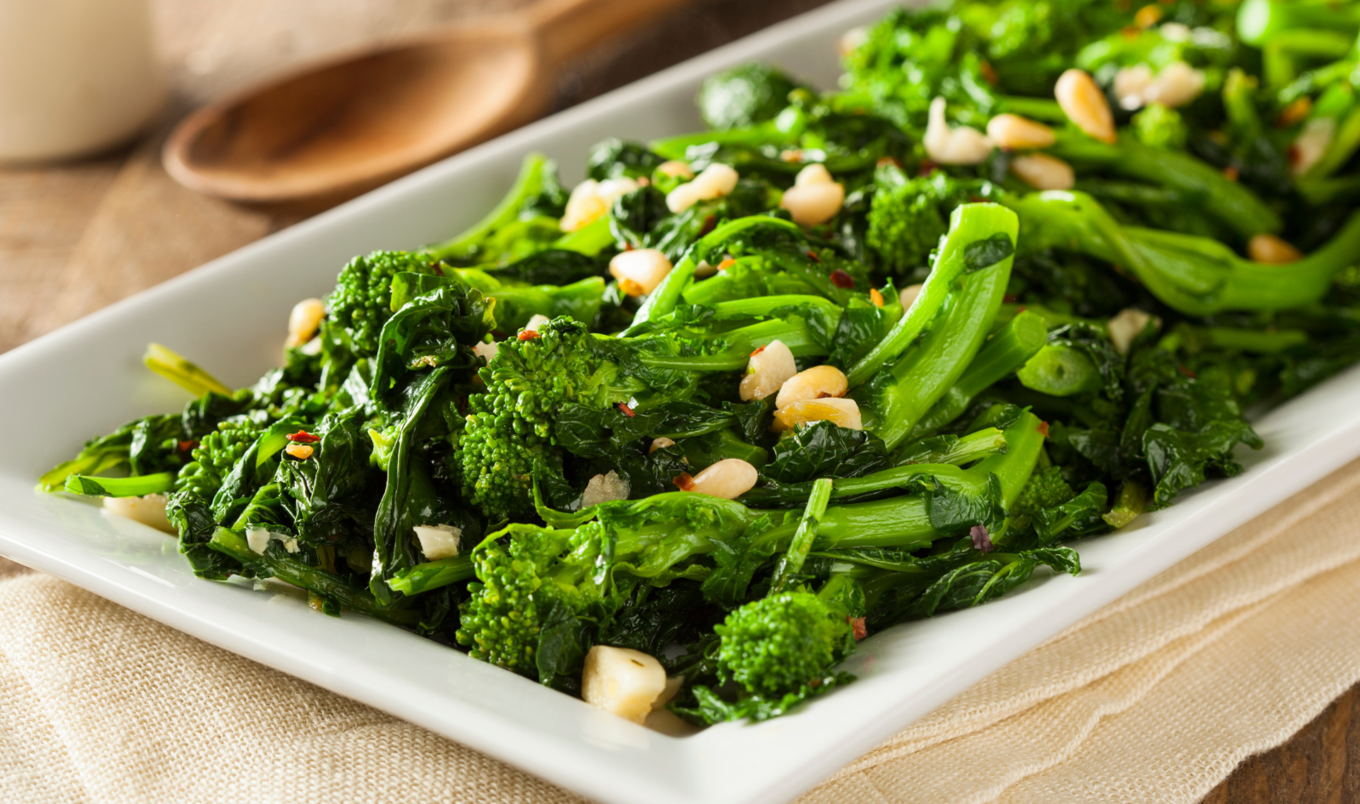


.jpg?sha=1491c255b49d3e03)